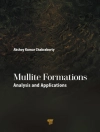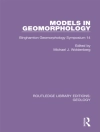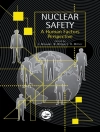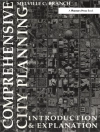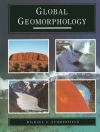This book advances a social-ecological theory to reconnect nature and society through sustainable transformation of interacting social and ecological systems. Social ecology develops as an interdisciplinary science by using knowledge from the social sciences, especially sociology and economics, and from natural-scientific ecology. Knowledge integration across the boundaries of social and natural sciences is not widespread, blocked by the specialisation of theories and their competing forms of explanation and interpretation. Chapters in this book describe a new social-ecological theory that connects concepts and theories from both sides to create a new interdisciplinary theory. Inter- and transdisciplinary knowledge synthesis creates possibilities to analyse global environmental problems more systematically by integrating specialized research on environmental problems. The author uses social-ecological theory to analyse and explain problems and processes of global change in modern society such as climate change and adaptation to it, ecosystem change, and transformation of the industrial energy regime , finally offering pathways of transformation to a future sustainable society.
Inhaltsverzeichnis
.- Introduction: Developing social-ecological concepts and theories.- 1 Interaction of society and nature in sociology.- 2 Interaction of nature and society in ecology.- 3 Sustainability in social-ecological perspective.- 4 Social-ecological systems and ecosystem services.- 5 Knowledge transfer in adaptive management and environmental governance.- 6 Climate change and development of coastal areas in social-ecological perspective.- 7 Transformation of industrial energy systems.- Conclusion: The coming crisis of global environmental governance.
Über den Autor
Karl Bruckmeier is Professor in the Department of Sociology, National Research University – Higher School of Economics, Moscow, Russia. Formerly he was Professor in Human Ecology at the University of Gothenburg, Sweden.


